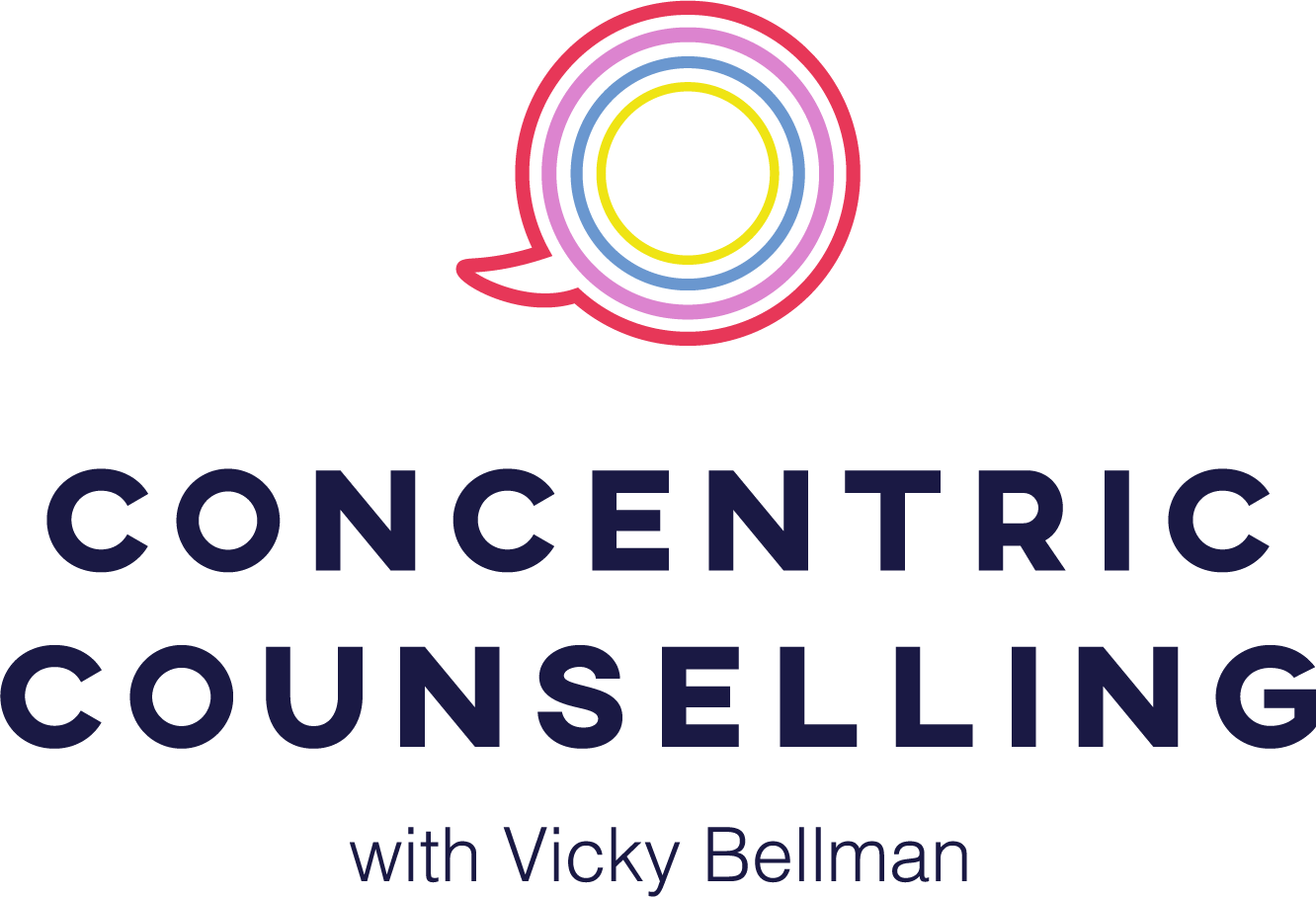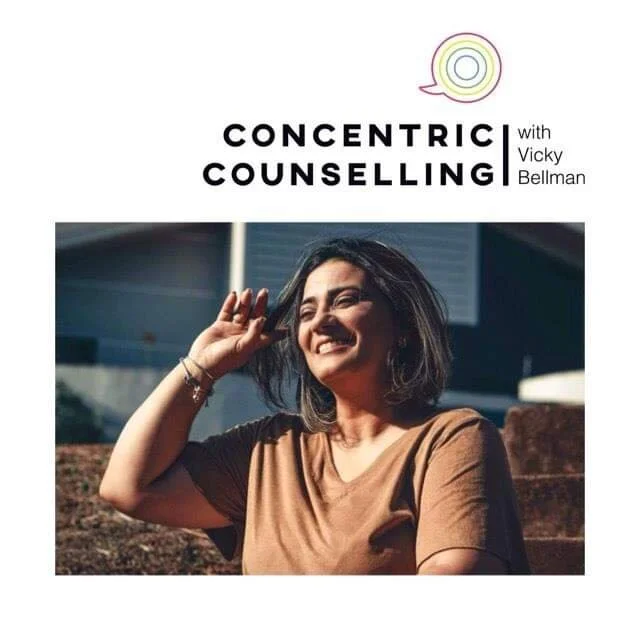Why Bingeing is Only Half the Story
When people come to Concentric Counselling with a history of bingeing, they are often surprised that one of the first things I ask them is how often they restrict their food intake. To them, they are coming because the issue is bingeing. They often feel that their relationship with food is out of control and that they are compelled to eat in excessive quantity. What they would like to resolve in therapy is how to stop themselves from eating so much at these points. It doesn’t feel right for me to be asking them about food restriction; that feels so far removed from the issue that it’s irrelevant.
But what continues to reveal itself in the therapy room is that for many people that struggle with bingeing these episodes punctuate long periods of restriction. Whilst they do experience acute experiences of eating ‘too much’, these are interruptions to a wider pattern of long term food control.
It’s truly unsurprising that people should be unaware of how restriction so often forms part of a binge experience, when there is still so little information out there. Indeed, even if you go to the ICD (International Classification of Diseases, the UK text for diagnosis), or the more user-friendly NHS website, there is no mention of food control forming part of the binge pattern. Food restriction and chronic dieting is not listed as a potential cause for binge eating. Although, tucked away in the ‘treatment’ section there is one small pointer to diets and restriction having a causative effect: ‘You shouldn’t try to diet while you are having treatment as it can make your binge eating worse’ [NHS.co.uk binge eating page, 20/03/2020).
It is an infuriating glimpse at an incomplete understanding about bingeing that often omits the fact that food restriction negatively correlates with food binges: something that should be explored more by the medical community. Want to know another way that our culture stealthy acknowledges that food restriction leads to bingeing? It’s built into the very fabric of diet culture, because diet designers know that you can’t have one without the other… they call them ‘cheat days’.
Food patterns exist in context, and so often we see that the context for bingeing is an otherwise relentless attempt to control food through rigid and obsessive scrutiny of food intake. Sometimes, that’s just called a diet. Other times, it’s recognised as something more concerning. But, either way, we have become so accustomed to persistent food restriction being normal that we fail to see it as part of the context of a binge issue.
It’s frustrating, to say the least, that the official outlines of bingeing can ignore such a common contextual element, as to do so inhibits the potential for recovery. And it’s my take that we only pathologise the food restriction intake element of binge eating because we have so normalised the food restriction element of the binge cycle. And so we reinforce, even through formal diagnosis, that food intake is the problem. The reason for this is because it is believed to lead to weight gain, which speaks again to the weight stigma present in medical terminology. And then how does the diagnosis look any different than tedious old diet culture?
Our bodies are self-righting which means that they’re attempting to find balance at all times. So when food is denied to the body repeatedly, the body will sometimes override the cognitive patterns of restriction and compel a binge. It can feel out of control, scary, overwhelming and something that needs correcting, absolutely. But when the pendulum has been held firmly up in restriction, it is no surprise that it should sometimes slip and, with all that momentum, swing wildly up into food intake (ie: a binge).
If we are only dealing with half the issue we aren’t dealing with the issue. Which is why, if you come to talk to me about your experience bingeing, I might surprise you and ask about your experience of restriction. When you identify as someone with a bingeing issue it can feel challenging to consider that half the issue might be restriction. It might feel completely at odds with how you see your issue; it might even be at odds with how you see yourself. But I think it’s the safest way to work - to consider the whole cycle, the context, the big picture. When we deal with the restriction, often we correct the need for the binge.











